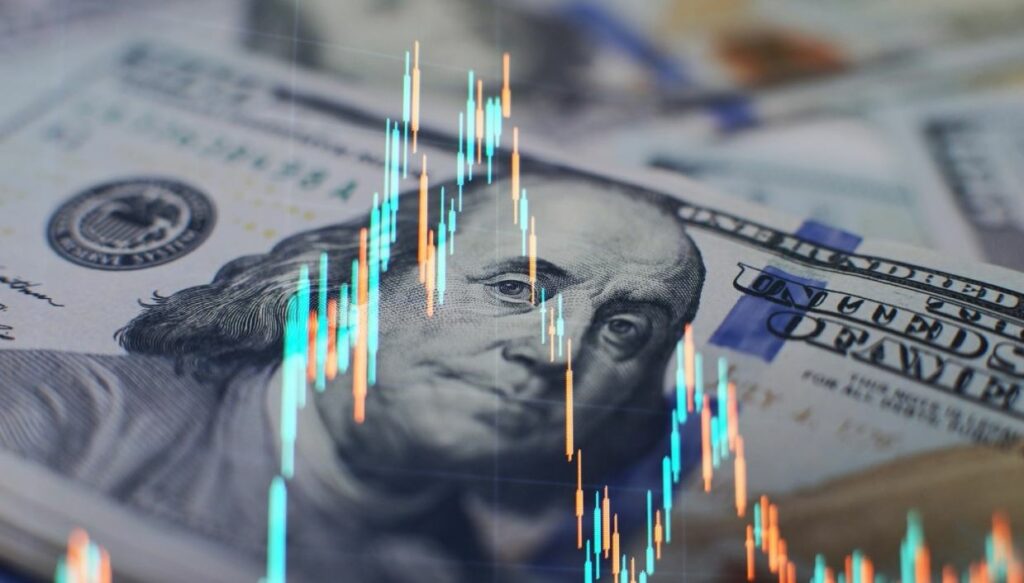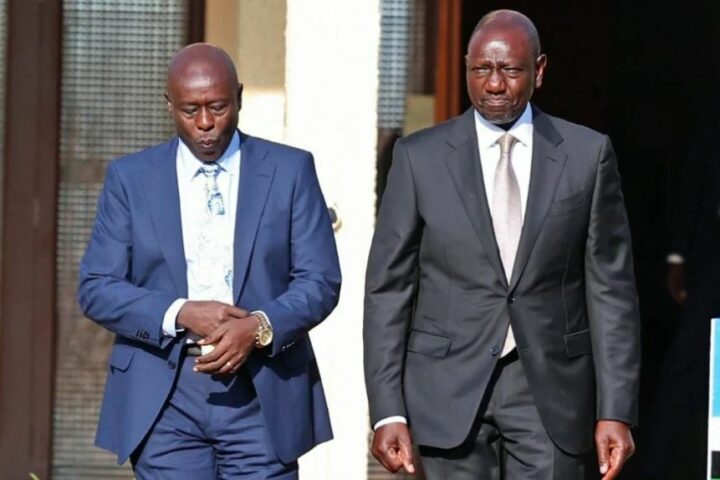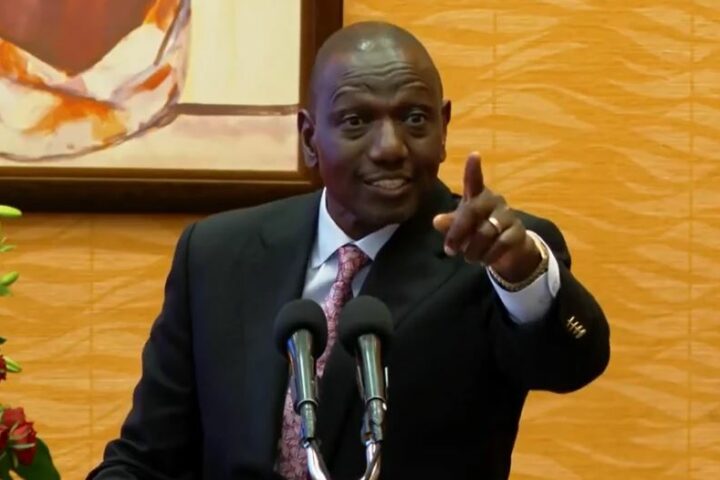
These tokens represent voting power, allowing holders to propose and vote on changes to the protocol, such as upgrades, parameter adjustments, and allocation of funds. Understanding the challenges and opportunities associated with governance tokens is essential for anyone involved in the rapidly evolving world of decentralized governance.
Explore the evolving world of governance tokens with confidence. Altrix Edge provides the perfect gateway to connect with top educational experts in trading.
Understanding Governance Tokens
Governance tokens, such as COMP, MKR, and UNI, are issued by decentralized platforms to decentralize decision-making. Holders of these tokens can participate in governance proposals, vote on changes, and stake tokens to express confidence in specific proposals.
Governance tokens play a vital role in the evolution of decentralized finance by enabling stakeholders to have a say in the direction of the protocols they use.
The Role of Governance Tokens in DeFi
Governance tokens are a cornerstone of the DeFi ecosystem, allowing users to vote on changes that impact the entire network. For example, in the Compound protocol, COMP holders can vote on proposals to add new assets to the platform or change interest rates.
In MakerDAO, MKR holders can vote on changes to the stability fee or collateral types accepted by the protocol. These tokens empower users to actively participate in the governance of the platforms they rely on.
Challenges Facing Governance Tokens
Despite their potential, governance tokens face several challenges. One major issue is the low level of participation in governance. Many token holders are passive and do not participate in voting, which can lead to decisions being made by a small subset of the community.
Additionally, there is a risk of governance tokens becoming centralized, with a few large holders controlling the majority of voting power.
This centralization can undermine the decentralization of the protocol and lead to decisions that benefit a few at the expense of the broader community. Finally, governance token contracts can be vulnerable to security exploits, putting the entire protocol at risk.
Opportunities for Improvement
To address these challenges, several opportunities for improvement exist. Enhanced governance mechanisms, such as quadratic voting or futarchy, could incentivize greater participation and reduce the risk of centralization.
Security enhancements, such as formal verification of smart contracts, can help mitigate the risk of exploits. Education and awareness campaigns can also help increase participation by informing token holders about governance processes and the importance of their participation.
Case Studies
Real-world examples provide valuable insights into the challenges and opportunities of governance tokens. For example, Compound faced backlash when it proposed changes to its protocol that were perceived as benefiting large holders of COMP.
This incident highlighted the importance of transparent governance processes and community engagement. MakerDAO has implemented various governance improvements over the years, such as the introduction of MKR holders’ executive votes, which have helped to increase participation and decentralization.
Future Outlook
The future of governance tokens is promising, with ongoing innovations and developments aimed at improving governance processes. Projects are exploring new governance models and mechanisms to enhance participation and reduce centralization.
As the DeFi ecosystem continues to evolve, governance tokens will play an increasingly important role in shaping the future of decentralized finance.
Conclusion
Governance tokens are a fundamental part of decentralized governance, enabling stakeholders to participate in the decision-making processes of decentralized platforms.
While governance tokens face challenges such as low participation and centralization risks, there are opportunities for improvement through enhanced governance mechanisms, security enhancements, and education initiatives.
As the DeFi ecosystem continues to grow, governance tokens will be essential in ensuring that these platforms remain decentralized and community-driven.








